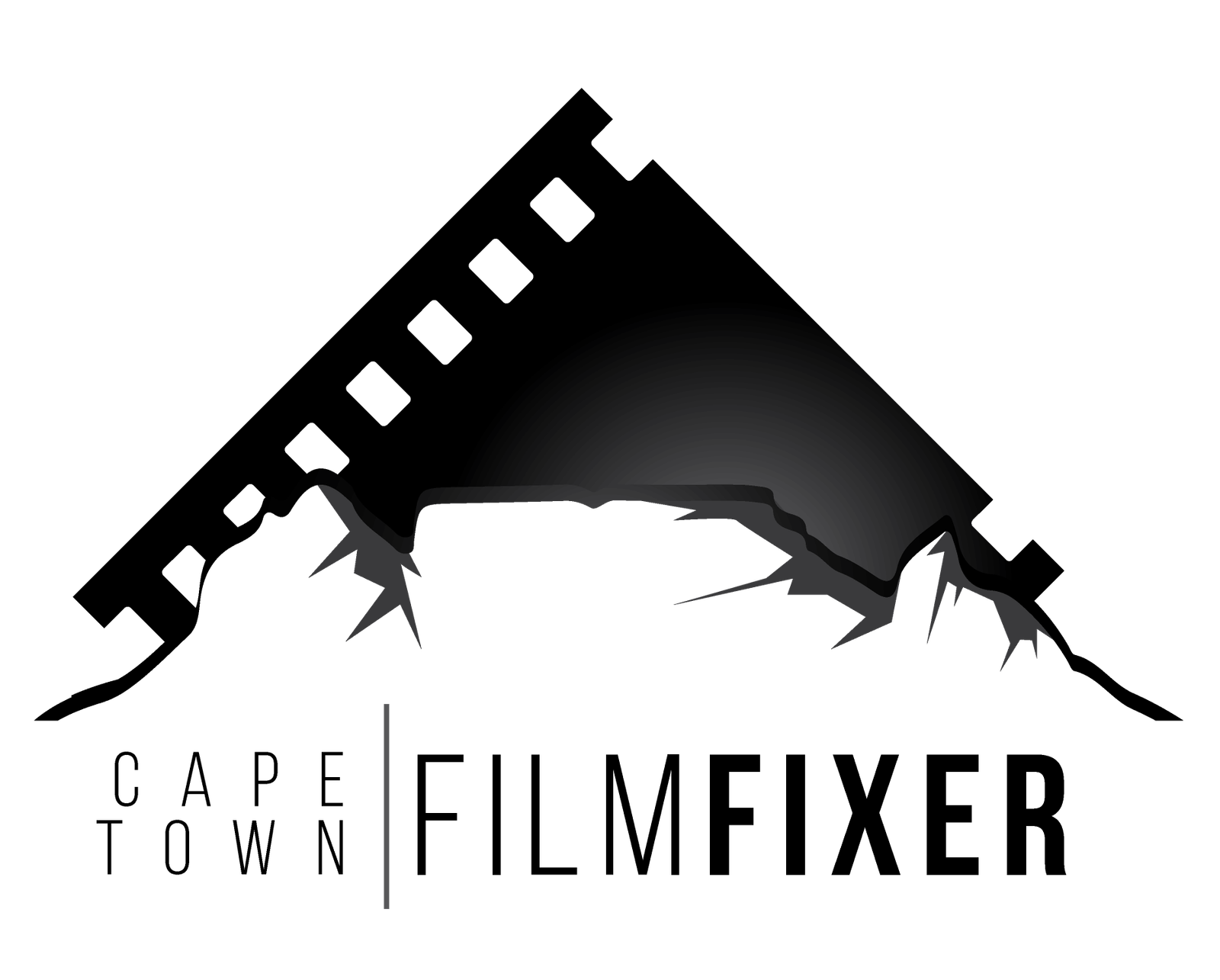
10 Jun 7 Essential Tools for Location Scouts on a Recce
Location scouting is an essential part of pre-production that can make or break a film or commercial shoot. A successful recce (short for reconnaissance) involves thorough preparation and the right tools to ensure you find the perfect backdrop for your project. Here are the seven essentials every location scout needs when doing a recce.
1. Detailed Shot List and Script
Before heading out, make sure you have a detailed shot list and a copy of the script. Each scene has specific visual storytelling needs and understanding those needs help narrow a Location Scout’s search.
The aim is to identify the world of the story depicted in your script and capture the essence of every scene while on your Reece.
This includes knowing the type of shots required for each scene at your potential location, the mood and tone of these scenes, and any specific features or scene elements that are crucial for the narrative to feel authentic, and for the production crew to have the practical ability, and necessary access to achieve each narrative beat in your shot list.
2. Camera and Photography Equipment
A high-quality camera is a must-have for capturing potential locations.
A Recce should result in a Location Scout handing over their Recce package, including their lined script, marked shot list and corresponding visuals of each potential location, to the production team.
The latest, most sort after film gear leaving Directors of Photography drooling at the moment is not a necessity, however, quality visuals of each potential location will save your production team time, and your producers money during pre-production.
Investing in a DSLR or a mirrorless camera with a variety of lenses allows you to take wide shots of the environment as well as detailed close-ups of important features.
A tripod and a gimbal can also be handy for stable shots, especially if you need to show how the location looks in different lighting conditions.
3. GPS and Mapping Tools
Planning a Recce involves scheduling access and appointments with busy location owners and managers, and your potential location might be under heavy city or municipal restrictions with limited access, so, missing an appointment because you’re lost is not an option.
Accurate navigation tools are crucial when exploring new locations. A reliable GPS device or a smartphone with mapping apps like Google Maps can help you find and mark locations easily. Apps that offer offline maps are particularly useful in remote areas where internet access may be limited.
It’s recommended that Location Scouts map out their scouting routes in preparation for a mission to find their ideal location. This process and the tangible mapping routes prepared can be a valuable addition to a Location Scout’s Recce package and assist Producers during pre-production phase of a project when planning production schedules and estimated budgets.
The more facts about a location a Location Scout hands over to their Producers, allowing the Producer to discern and deliberate without having to conduct a personal site visit, the more valuable their service.
4. Measuring Tools
Knowing the dimensions of your locations is critical for planning your shoot. Tools like a laser distance measurer and a measuring tape help you gather precise measurements. This information is vital for planning camera placements, lighting setups, and ensuring there’s enough space for the entire crew and equipment.
Remember, during production phase, the production crew will be moving with heavy gear and unit equipment depending on the shots required for scenes captured at your potential location, and providing this information in your Recce package is key.
A great Location Scout has the foresight and enough technical awareness to decipher the type of equipment and amount of crew members needed for a particular shot or scene with multiple shots at any given location.
This information can be requested from Producers or D.O.P.s by a Location Scout, however, shot lists can be altered during pre-production and even during production so a Location Scout worth their daily rate should understand these factors.
A location could present every visual element for a scene in your script but be declined if the production team will have limited space to set up their equipment and execute the planned shot list.
5. Notebook and Pen
While digital tools are invaluable, having a notebook and pen on hand is equally important. Jotting down quick notes, sketches, and observations about the location can be incredibly helpful.
These days AI speech-to-text software and applications are available, too, and allow for a more instant dictation approach. Whichever way suits the Scout best, notes are vital.
Having a concise list of notes, considering all pros and cons of a location before presenting a Recce package to the production team, is critical and prevents any information being forgotten or excluded from a Location Scout’s report.
If a Location Scout has access to the property owner, property manager or a permits officer in charge of local city access authorization, asking a list of practical questions regarding the specifics of a location will help predict or mitigate potential production risks.
The final reason a notepad and pen are recommended is because physical notes can be more accessible in certain situations, such as in bright sunlight when a Location Scout finally finds that epic exterior shot in their shot list where the glare from the sun could affect the readability of screens.
6. Portable Power Supplies
Keeping your electronic devices charged is essential.
Carry portable power supplies like power banks to ensure your camera, phone, GPS, and other gadgets remain functional throughout the day. Solar chargers can also be beneficial, especially if you’re scouting in remote locations without access to power outlets.
In South Africa, waves of Loadshedding may occur during pre-production and production phases of the project you’ve been assigned. Nationwide power cuts can be implemented two to three times daily, at two-hour sessions per power cut.
This has affected the local Cape Town production industry significantly and forced production staff to add portable charging stations, generators and more batteries to their equipment lists.
A Location Scout should go out with this knowledge in mind to any given South African production location and add an inspection of the power sources and supply of their location to their report.
7. Permits and Permissions
Understanding the legal requirements for shooting in different areas can save you time and prevent potential issues. This includes knowing who to contact for permission, understanding local regulations, and having documentation readily available to present to authorities if needed.
An official permit is not always necessary when scouting a location. Location Scouts do not need official filming permits to do their job and “location scouting permits” do not apply in South Africa, however, special permissions and direct contact details of Cape Town city officials at the City of Cape Town Permits Office, who encourage, incentivise, and advocate for filming on city property can come in handy.
If you find that it is essential during your research phase, carry copies of necessary permits and permissions when scouting locations to avoid issues with local community members, leaders, businesses, and neighbourhood watch.
Final Thoughts
Location scouting is a meticulous process that requires a combination of creative vision and practical planning.
By equipping yourself with these seven essentials, you can ensure a productive and successful Recce.
Whether you’re scouting for a film, commercial, or any other production, being prepared will help you guarantee your Location Scouting services to Producers and surely find the perfect location to bring your vision to life.


